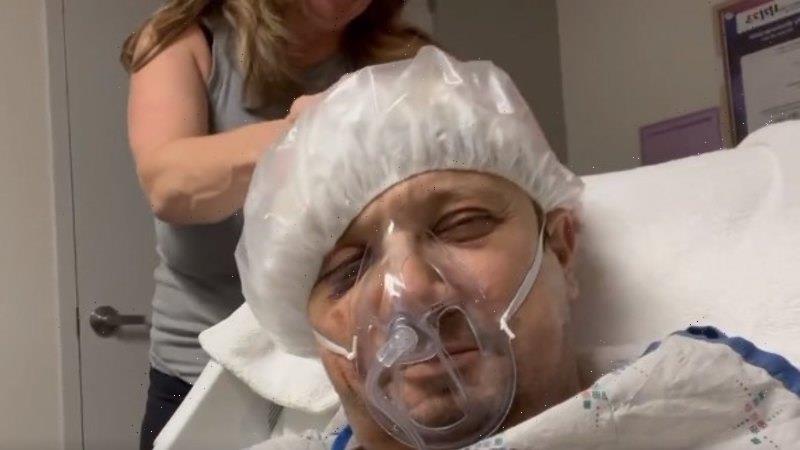This Morning: Dr Zoe talks about new Covid variant XBB1.5
We use your sign-up to provide content in ways you’ve consented to and to improve our understanding of you. This may include adverts from us and 3rd parties based on our understanding. You can unsubscribe at any time. More info
An expert has raised the alarm over a new Covid subvariant that has arrived in the UK as the NHS grapples with one of the worst crisis’ it has faced in its history. XBB 1.5 is a subvariant of the Omicron strain of COVID-19 that has already made its way to the UK after ripping through the US. The World Health Organisation warned on Wednesday that it is the “most transmissible” yet and that it has already been detected in 29 countries.
According to Dr Stephen Griffin, an Associate Professor at the Leeds Institute of Medical Research, the subvariant’s arrival in the UK could result in a “more rapid expansion of yet another wave of infections”.
He told Express.co.uk: “This is indeed a variant of concern, more so than other recent Omicron viruses from the BA2 ancestral lineage. This is mainly because of the F486P mutation which causes both increased antibody evasiveness as well as heightened interactions with the ACE2 protein. Thus, the virus is not only better at infecting per se, it is better at evading our defences when doing so.”
“This gives it a big advantage over its predecessors (mainly BQ1.1), as we are seeing in the US and now here. This could mean that we see a more rapid expansion of yet another wave of infection compared to what we would have otherwise had, as there may be many more people that are more susceptible to infection with this virus – much like we have seen with influenza.
“More infections will necessarily lead to more severe disease, as well as adding to the dreadful toll of long COVID, which can happen following even a mild disease course.”


However, there are still some big unknowns as the sub variant is still in its early stages of development.
Dr Griffin added: “Whether this virus is also inherently more virulent on a case by case basis remains to be seen, and can be difficult to immediately tease out in highly vaccinated populations like the US and the UK.”
This comes amid a major crisis in NHS emergency care. One in four ambulance patients in England waited more than an hour to be transferred to hospital A&E teams in December as a combination of bed shortages and boosted demand.
Meanwhile, four in 10 patients had to wait at least 30 minutes to be transported to A&E. This month, the situation has got worse as patients report being checked in corridors because wards are so busy, while queues of ambulances pile up outside hospitals amid a swathe of “critical incidents” across the country.

But Dr Griffin has warned that the arrival of XBB 1.5 could make matters even worse.
He said: “We can expect this new subvariant to take its toll on an already exhausted NHS, and to cause yet more concern for clinically vulnerable people who remain hostages to the lack of control of viral prevalence which results from the “living with” policy. Indeed, that same prevalence and resultant viral diversity is the main driver for the next variant later down the road.”
The WHO’s COVID-19 technical lead and epidemiologist Dr Maria Van Kerkhove said on Wednesday that the surging cases of XBB1.5 has highlighted how important it is “to continue surveillance for COVID-19 around the world”.
She said: “There were more than 13 million COVID cases reported to the WHO last month alone — and we know that that’s an underestimate because surveillance has declined.”
DON’T MISS
Covid can get into the brain, analysis of autopsy samples shows [REPORT]
Scientist’s explanation as to why Covid cases will peak this month [INSIGHT]
Water found on the Moon comes from the solar wind, study concludes [REVEAL]


While the subvariant has only recently arrived in the UK, a surge in Covid, flu and Scarlet fever cases has been blamed on the rapidly worsening crisis.
Health Secretary Steve Barkley has said that “a combination of very high rates of flu, persistent and high levels of COVID, continuing concerns particularly among many parents around Strep A” is partly to blame for the current situation.
But he has also argued that critical incidents are being reported because primary care services, like GP practices, were shut down for Christmas.
Source: Read Full Article


